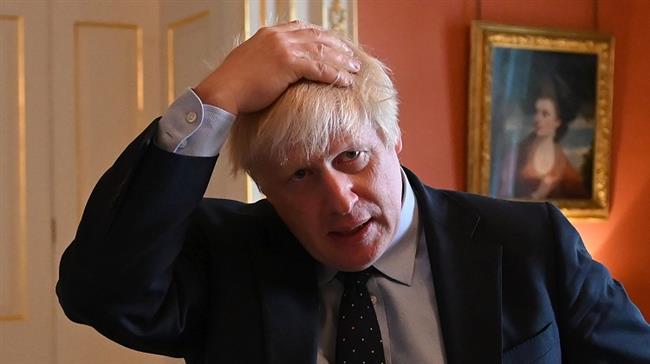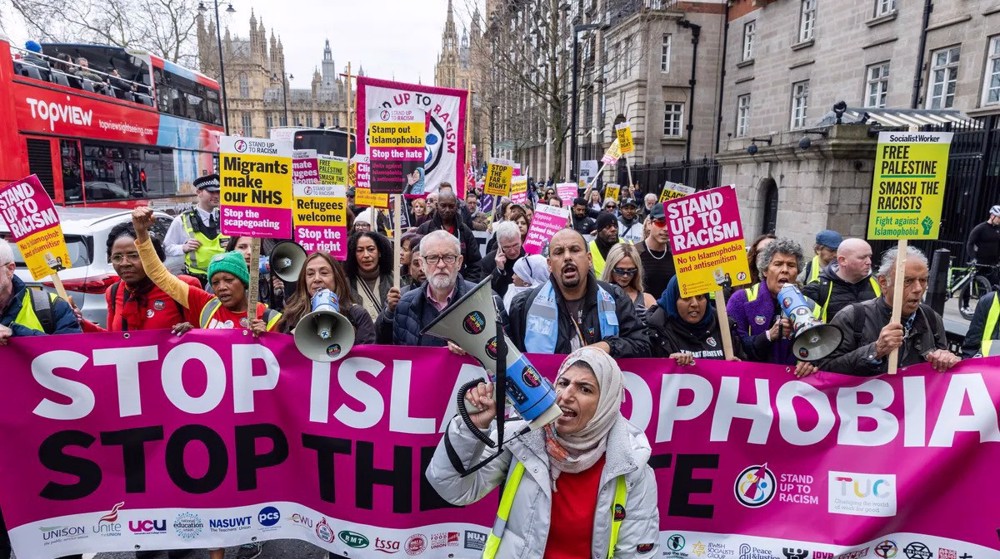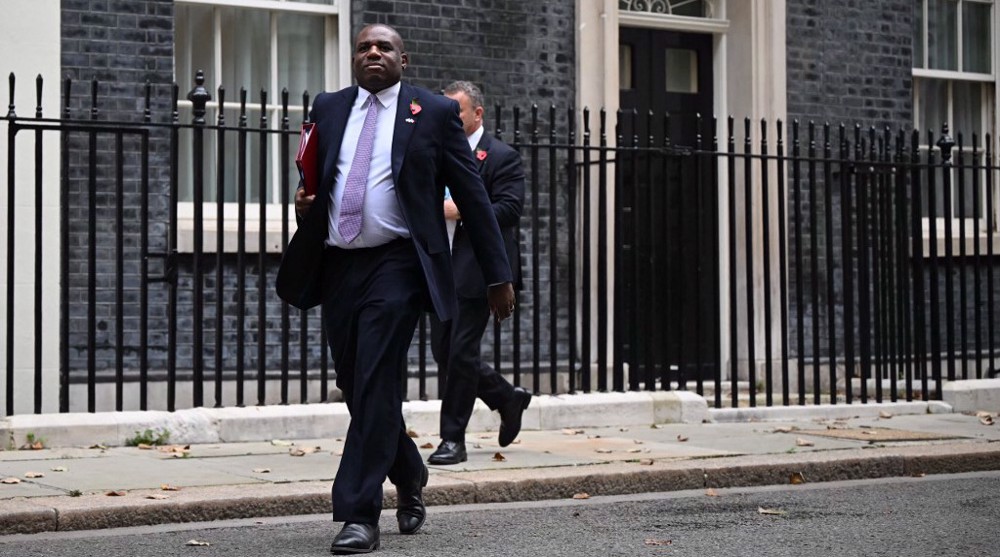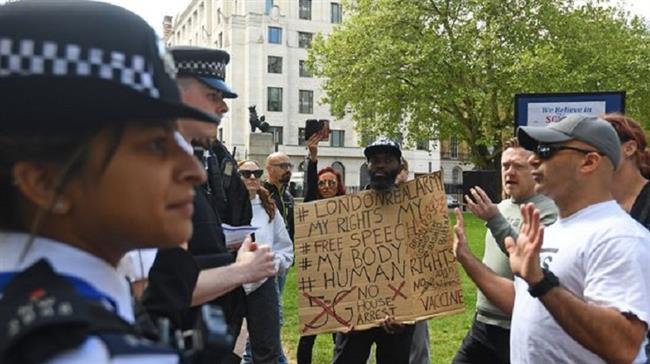UK nations in open rebellion over lockdown relaxation
The government’s confusing transition from strict lockdown to a softer version is threatening to inflame the UK’s centrifugal forces.
All of the UK’s peripheral nations are now in open rebellion at plans to ease the lockdown which can potentially trigger a second peak of coronavirus infections.
The rebellion has been triggered by Prime Minister Boris Johnson’s changing of the lockdown slogan from “stay at home” to “stay alert”.
That message was strongly reinforced by the communities secretary, Robert Jenrick, earlier today.
Jenrick told the BBC’s Andrew Marr Show: "Stay alert will mean stay alert by staying home as much as possible, but stay alert when you do go out, by maintaining social distancing, washing your hands, respecting others in the workplace and the other settings that you'll go to".
Sturgeon's example
Rebellion over the government’s confused, and potentially dangerous, plan is led by Scotland’s First Minister, Nicola Sturgeon, who has insisted that Scottish people should continue to “stay at home”.
The Sunday papers is the first I’ve seen of the PM’s new slogan. It is of course for him to decide what’s most appropriate for England, but given the critical point we are at in tackling the virus, #StayHomeSaveLives remains my clear message to Scotland at this stage. https://t.co/zrnEgTC15H
— Nicola Sturgeon (@NicolaSturgeon) May 10, 2020
Wales has followed Scotland’s example, as demonstrated by Welsh First Minister, Mark Drakeford’s call for the continuation of the existing lockdown measures.
In an interview with BBC One’s Politics Wales program, Drakeford stressed that people “should stay home” except for the “limited” reasons already allowed.
Drakeford’s position was backed up by Welsh health minister, the Zambian-born Vaughan Gething, who claimed there had not been a "four-nations agreement" on Johnson’s unilateral easing of the lockdown.
Meanwhile, Northern Ireland’s First Minister, Arlene Foster, said the British-occupied province’s “COVID-19 regulations” (referring to the disease caused by the coronavirus) “will stay largely as they have been”.
Broader rebellion
Beyond the national level, Johnson’s vague transition plans have even come under fire from within the government’s core scientific advisory body.
Behavioral expert Professor Susan Michie, who is part of the government's Scientific Advisory Group for Emergencies (Sage), warned some people might take the more generalized "alert" slogan as a "green light" to gather and socialize.
"I do not think this is a helpful message in terms of guiding behavior … It does not give advice as to what people should do", Michie told the PA news agency.
The government has also come under fire from the direction of the police with the body representing police officers in London deriding the pandemic strategy as “wishy-washy”.
Ken Marsh, from the Metropolitan Police Federation, told BBC Radio 4's Today program that if the authorities had been “more stringent” from the outset "we would have a better result now".
Diplomat discourages recourse to pressure, intimidation, confrontation against Iran
UN: 2024 deadliest year for aid workers amid genocide in Gaza
Gaza health official warns of hospital shutdowns within 48 hours
Israel kills 5 more paramedics in southern Lebanon: Health ministry
Iran to launch ‘new, advanced’ centrifuges in response to IAEA resolution: AEOI
Yemen fires hypersonic missile at Israeli airbase
VIDEO | New Delhi chokes under toxic smog as air quality remains at hazardous levels
VIDEO | Press TV's news headlines













 This makes it easy to access the Press TV website
This makes it easy to access the Press TV website